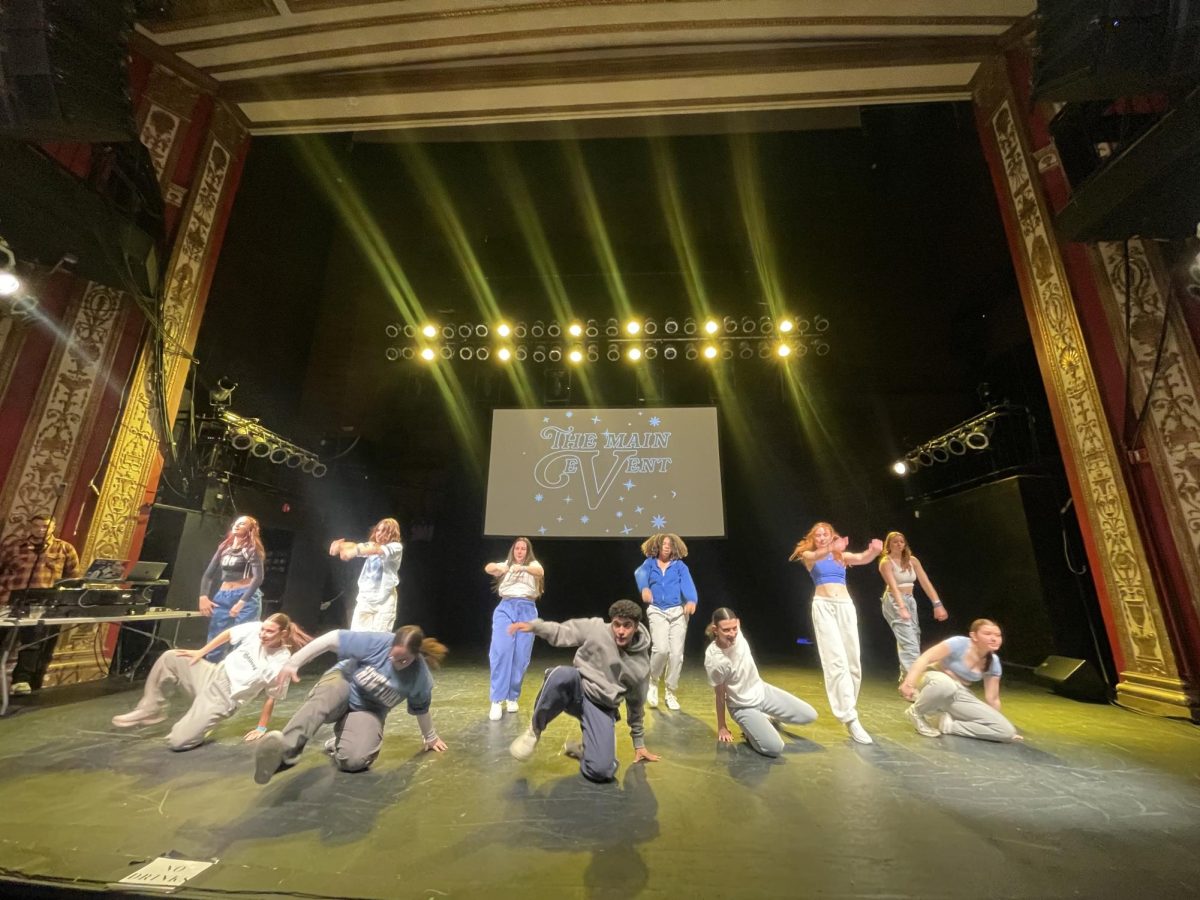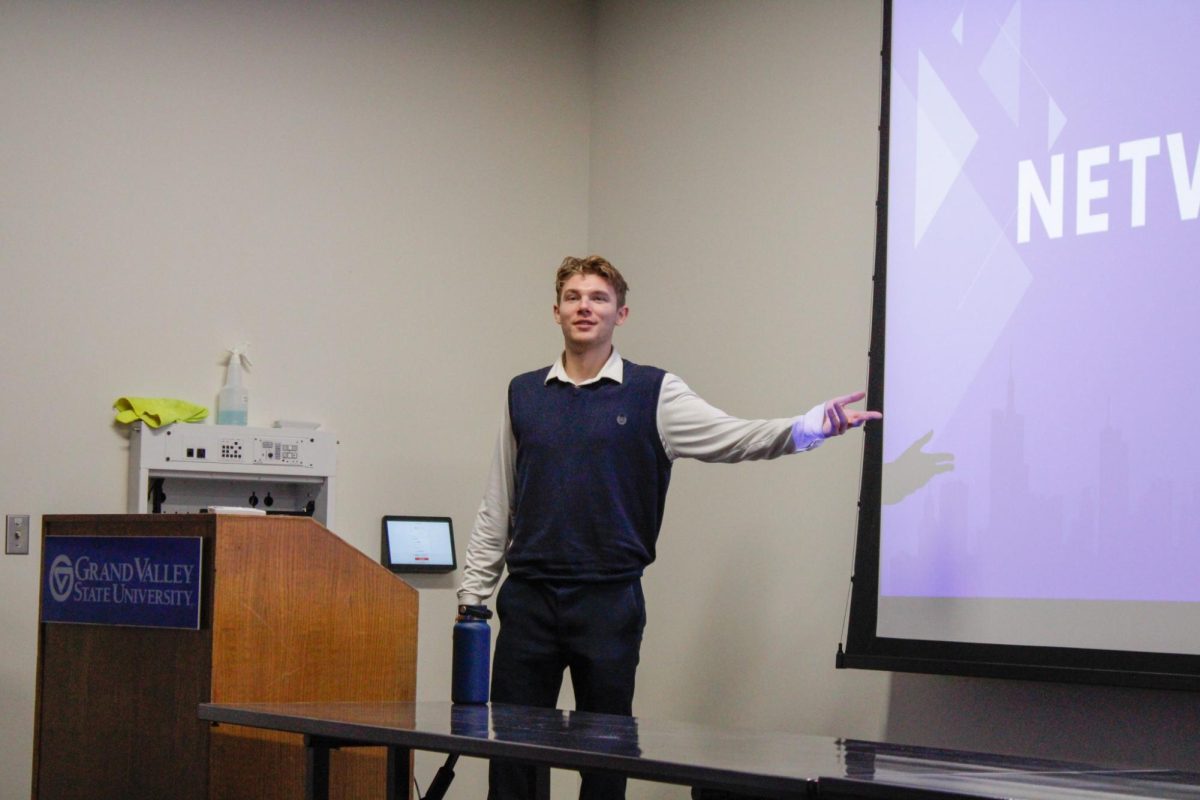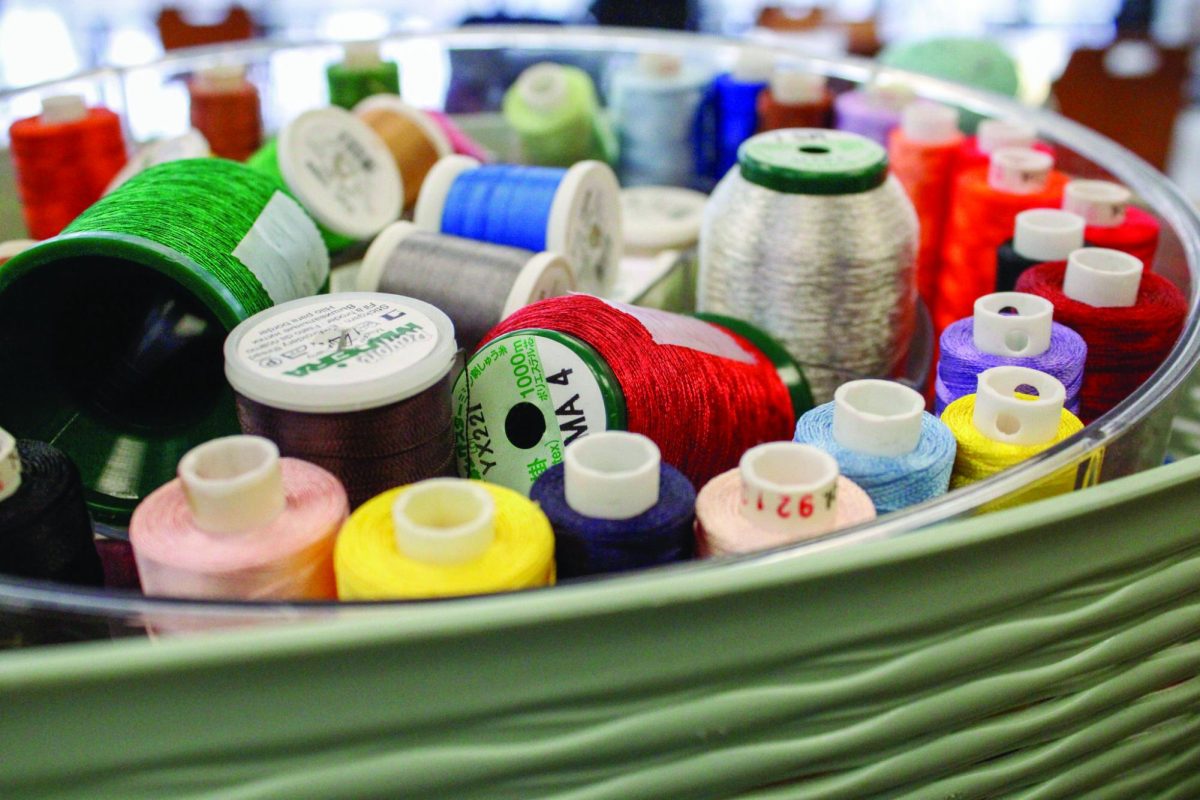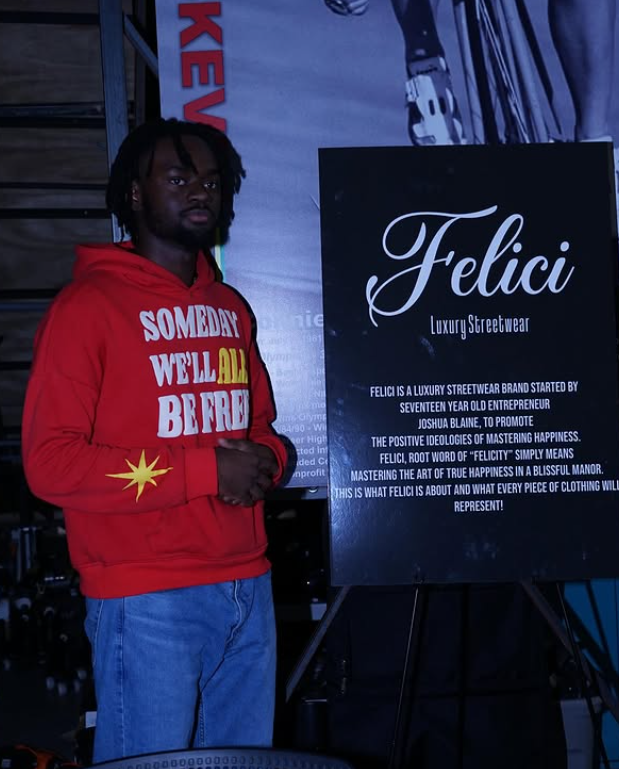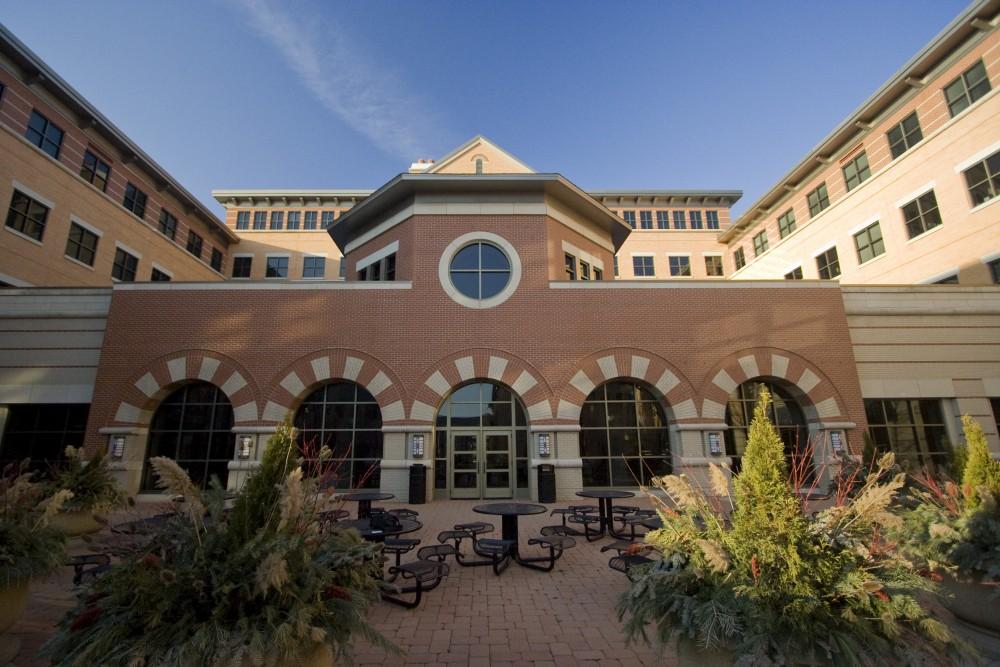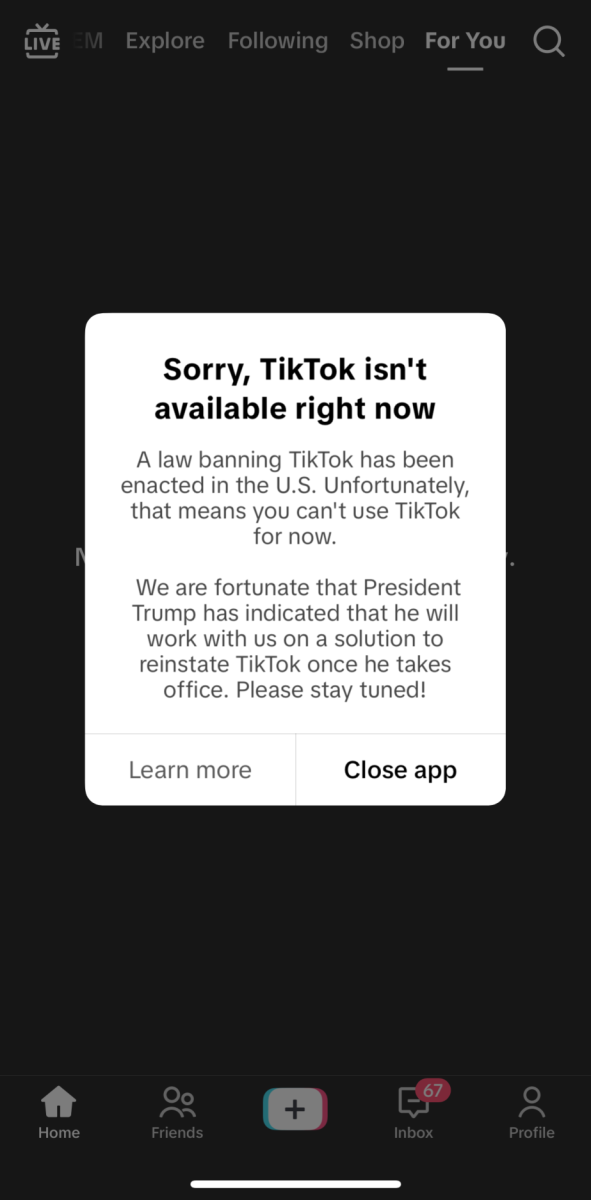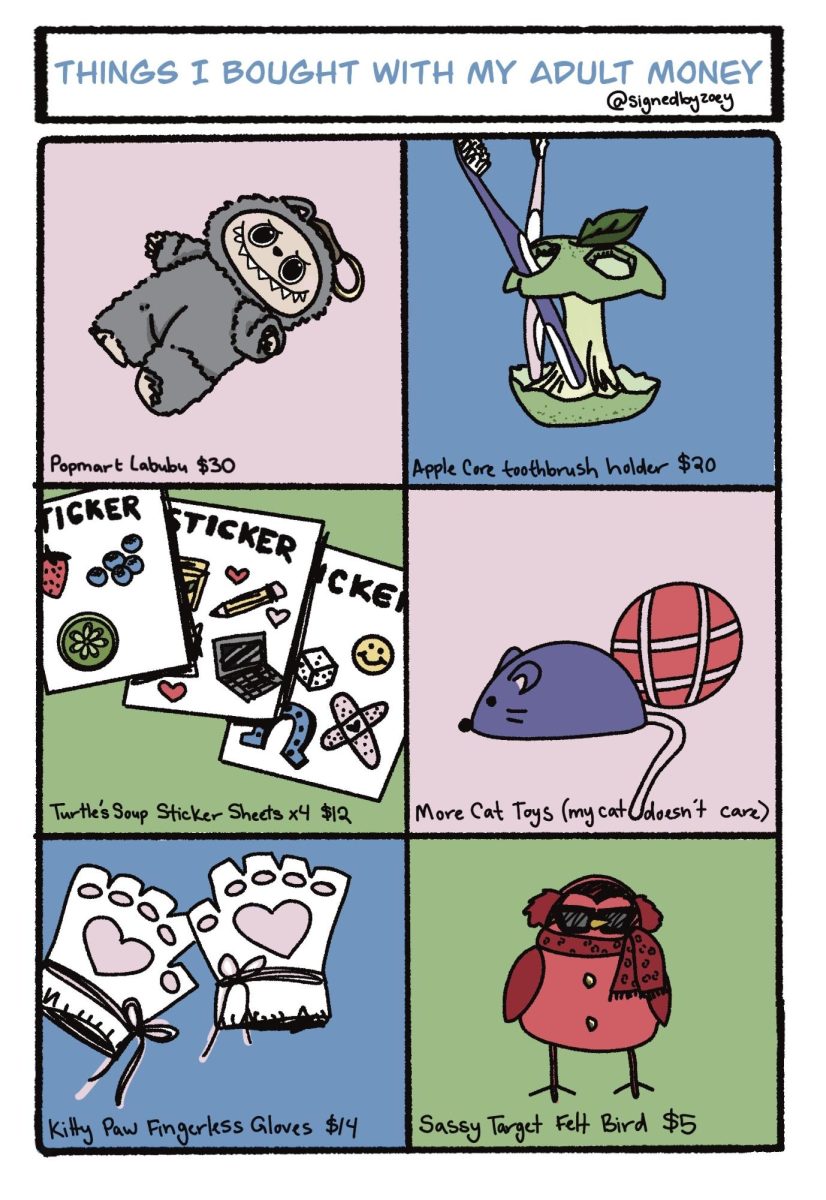Navalny’s voice echoes through Moscow
Feb 8, 2021
Five months ago, Alexei Navalny laid in a Berlin hospital bed, seeing nothing but the inside of his eyelids as doctors worked hard for his life. Now, he sees thousands of people standing up for him through the bars of a Russian jail cell.
Russian authorities arrested Navalny, a popular political activist and critic, on Jan. 17, for violating the terms of his parole by not contacting law enforcement during his time spent in a hospital abroad.
Navalny was in the hospital after being poisoned Aug. 20, 2020, by a Novichok agent, a Soviet-era nerve agent developed in the late 1980s. Navalny was put in a medically-induced coma for months, fighting for his life in a German hospital before making a full recovery in October, eventually flying back to Moscow in January to be met by law enforcement.
The activist has been the biggest thorn in the side of Russian President Vladimir Putin for years and has led the Russia of the Future Party since 2015. His acts of rebellion grew his fame, dating back to his blog inspiring some of the biggest protests in the nation since the 1991 fall of the Soviet Union, with roughly 50,000 protestors fighting against election fraud and joining him in 2011.
Navalny has many supporters and is one of the most popular political figures in the nation, so it’s no surprise that the public has grown furious over the silencing of such a powerful and important voice. Navalny stated that the 2012 charges he was on parole for were politically motivated and unfair, something that the European Court of Human Rights agreed with. Despite this, the Russian court plans to uphold their decision and sentence him on those charges.
Though the Russian government has denied involvement in the poisoning of Navalny, he has released a phone call that he claims is between himself, and FSB officer Konstantin Kudryavtsev. An English translation of the call shows that the officer, though nervous, doesn’t spare any detail in his alleged role in Navalny’s poisoning.
The validity of these tapes is not yet certain, but the public was thrown into outrage after learning that not only has he been imprisoned on trumped-up charges, but he was just on the other end of the line from the man who tried to take his life. Allies from the streets of Moscow to the White House podium have shown support for Navalny, with U.S. President Joe Biden saying on Thursday, “the Russian efforts to suppress freedom of expression and peaceful assembly are a matter of deep concern to us and the international community.”
Having just witnessed it here in America, protesting is a complicated form of expression. It requires trust that the people you are speaking to will listen and change often means taking steps towards the shifting of power. In a constitutional democracy like both the U.S. and Russia, the freedom of assembly is guaranteed on paper, but in practice, peaceful protest is often met with the same unfair treatment they are uniting against.
The protests demanding justice for Breonna Taylor saw reports of as many as 127 people arrested despite the gathering being peaceful. Recent protests in Moscow have followed a similar path with thousands of people peacefully gathering to criticize both President Putin and Navalny’s arrest, but as many as 5,100 people have been arrested, beaten, or gassed.
As police continue to crack down even harder on stopping these protests, I wonder what the Russian government values more: the well-being of its citizens or the voice of its critics?





